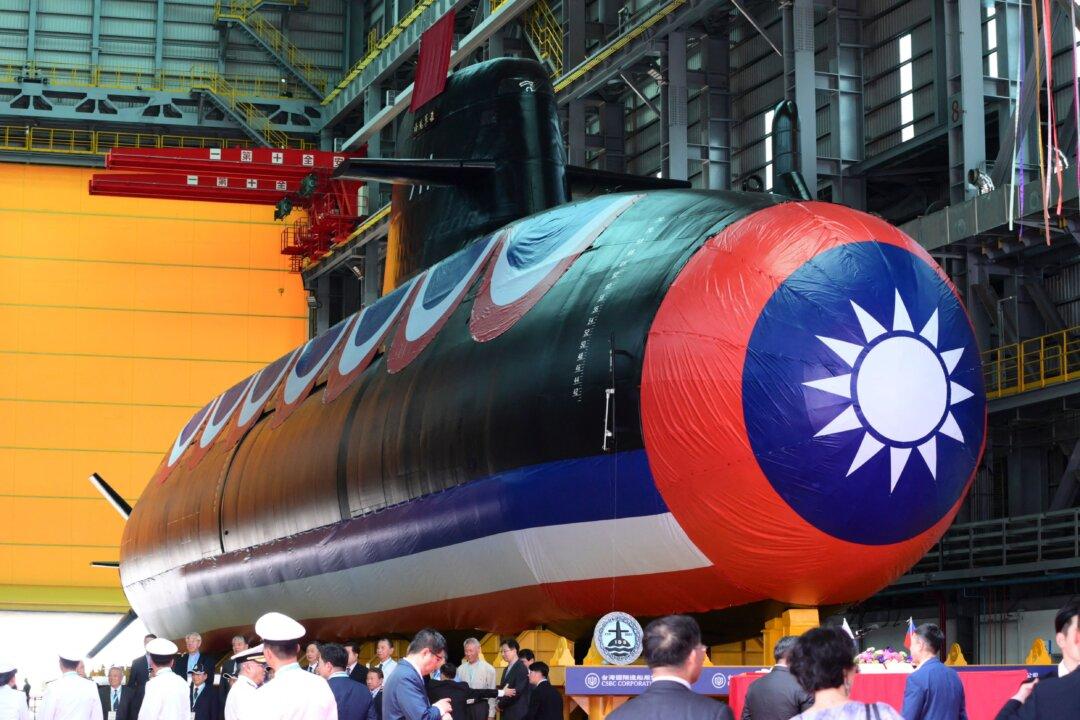Taiwan’s democratic system is the best way forward for a post-communist China, argues a popular online commentator, who himself is a communist “princeling.”
“Taiwan has been democratised for about 30 years after Lee Teng-hui became the first president of the Republic of China,” Wu Jianmin, a China affairs commentator told an event in Sydney, Australia on Nov. 12, 2023.




